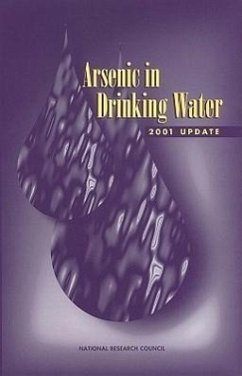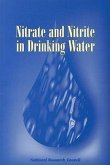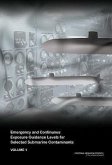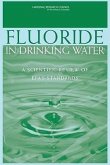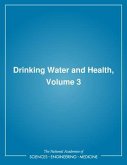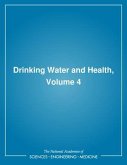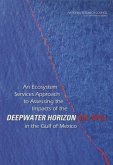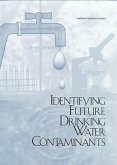Having safe drinking water is important to all Americans. The U.S. Environmental Protection Agency's decision in the summer of 2001 to delay implementing a new, more stringent standard for the maximum allowable level for arsenic in drinking water generated a great deal of criticism and controversy. Ultimately at issue were newer data on arsenic beyond those that had been examined in a 1999 National Research Council report. EPA asked the National Research Council for an evaluation of the new data. The committee's analyses and conclusions are presented in Arsenic in Drinking Water: 2001 Update. New epidemiological studies are critically evaluated, as are new experimental data that provide information on how and at what level arsenic in drinking water can lead to cancer. The report's findings are consistent with those of the 1999 report that found high risks of cancer at the previous federal standard of 50 parts per billion. In fact, the new report concludes that men and women who consume water containing 3 parts per billion of arsenic daily have about a 1 in 1,000 increased risk of developing bladder or lung cancer during their lifetime.
Hinweis: Dieser Artikel kann nur an eine deutsche Lieferadresse ausgeliefert werden.
Hinweis: Dieser Artikel kann nur an eine deutsche Lieferadresse ausgeliefert werden.

